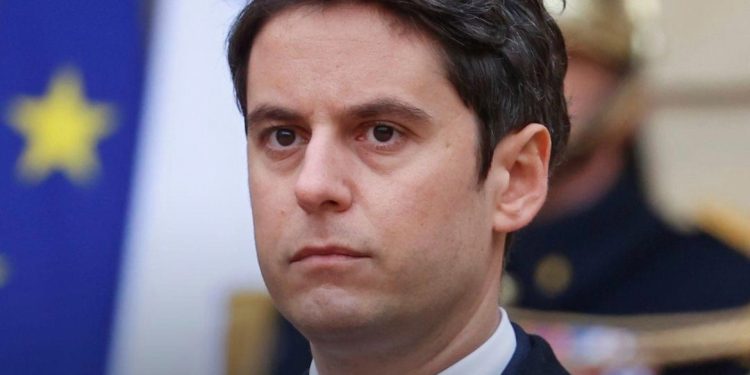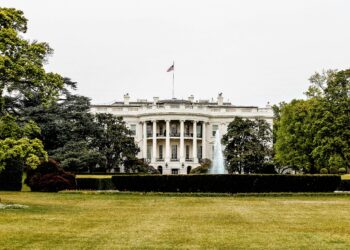Sébastien Lecornu’s decision to reverse the holiday cut is a symptom of a larger problem in France’s political class where they’re trapped in a cycle of instability, unable to make the hard choices needed to secure the nation’s financial future. The Prime Minister has chosen short-term survival over long-term fiscal responsibility, all to avoid the same fate as his three predecessors in a little over a year. The reversal may appease the public and parliament for now, but it does nothing to address the structural issues that threaten to sink the French economy.
A Background History
The political instability that led to Lecornu’s appointment is a direct consequence of an uncompromising parliamentary stalemate. The recent credit downgrade by Fitch to A+, France’s lowest sovereign credit rating on record, is a pointed sign that international markets have lost confidence in the government’s ability to manage its finances. To further worsen things, the French budget deficit is a staggering 5.8% of GDP, far above the EU’s 3% limit, and its public debt has reached 114% of GDP.

The government’s failure to pass the budget proposed by Lecornu’s predecessor, François Bayrou, has pushed borrowing costs higher, bringing them dangerously close to those of Italy. Instead of a bold, decisive plan, Lecornu is resorting to “creative ways” and “high-level discussions,” code for delaying and making compromises that will likely only kick the can down the road.
Why It Matters
For France to escape this cycle of instability, the government cannot continue to govern without a working majority. Sébastien Lecornu’s discussions with opposition parties must be more than just a gesture; they must lead to a formal, agreed-upon pact to pass a comprehensive, multi-year economic plan.
This plan should include not only spending cuts but also a clear strategy for stimulating growth and overhauling France’s burdensome tax system. The government must be transparent with the French people about the difficult choices ahead, emphasizing that the burden will be shared equitably.
Also, a commitment to a long-term strategy for French public debt reduction would not only restore market confidence but also send a powerful message to a skeptical public that this government is different.
The reversal of the French holiday cut is a small tactical win, but it will be meaningless if it doesn’t lead to a broader, more courageous strategy for true reform.

















